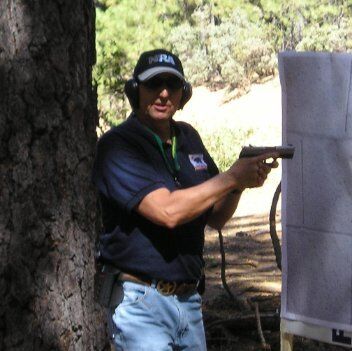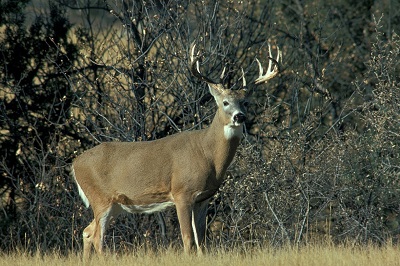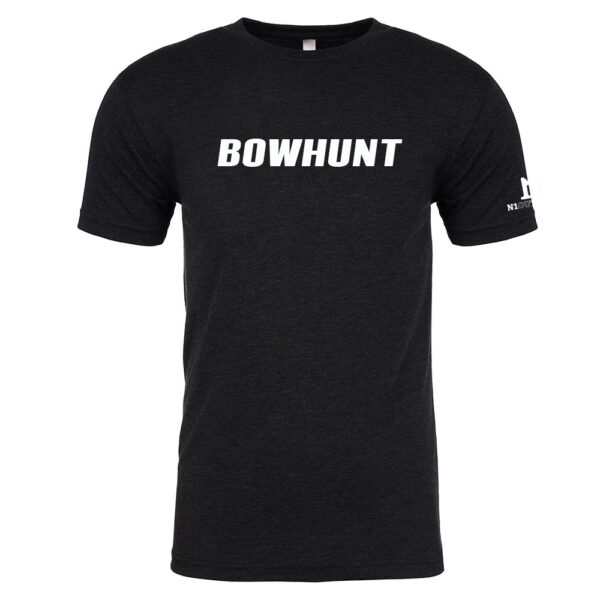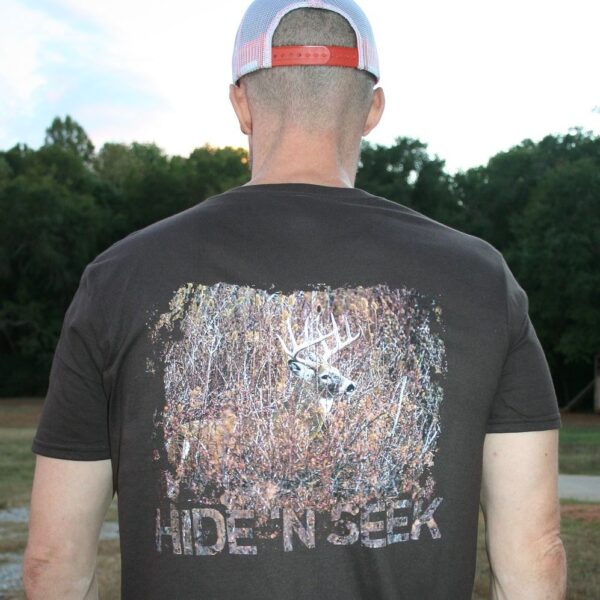People hunt for many reasons, including sport, culture, and food. No matter what reason you’ve taken up hunting, you’re likely hoping to become the most proficient hunter you can be. We’re going to help you out by discussing the rookie mistakes that many new hunters make so that you can be ahead of the curve on your next hunt.
Lack of Weapons Practice
Proper marksmanship is necessary for any competent hunter. You need to be proficient with any of the firearms or bow hunting equipment that you may bring with you on a hunt so that you’re prepared no matter what weapon you choose.
Spend ample time at a shooting range to perfect your shot with different targets. You’ll also want to vary your weapon choice with each hunt so that you gain experience in the woods with all of your firearms.
If you’re looking for a weapon that’s smaller than a rifle, consider using a pistol as your primary hunting firearm. An AR-15 pistol can be the perfect addition to your gear pack in this case. An AR-15 pistol is much smaller and lighter weight than a rifle, freeing up space in your pack for additional gear.
PRACTICE, PRACTICE, PRACTICE! You should be proficient using any weapon that you plan to hunt with.
Over-hunting One Area
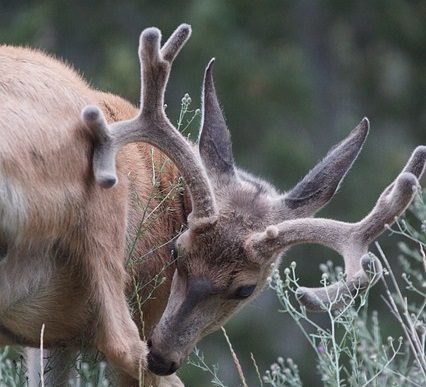
Deer have an incredible sense of smell. You must avoid over-hunting one particular spot until the time is right, or the deer may pattern you and avoid that area altogether.
Most of us don’t own acres of property on which to scout and set up stands. If you’re like the average hunter, you probably hunt on public land or on private land with the owner’s permission, or even in suburban areas.
>> Check out creative and clever deer hunting shirt designs from N1
Because many of us don’t have endless options at our disposal, we end up with one or two areas that we go back to season after season. The problem with this is that going back to the same location every year can result in a reduced chance of making a kill.
It may seem like going to the same area year after year would give you a chance to get to know the area more intimately, increasing your chances of finding game each time. The truth is that the deer in that area get better at avoiding you with every season you hunt there.
This is true during a single season as well. If you set up your tree stand in one area and never move, you might possibly bag a buck or two. But, once you move into an area, deer will view that area as a dangerous space. So, the longer you stay and hunt in that area, the more potential you have for driving away the very deer you are trying to harvest.
Your best bet is to travel the area you plan to hunt as little as possible until you are ready to actually hunt it. Carefully plan your entry and exit routes to and from your deer stand or blind location.
Depending Too Much on High-Tech Gear
Hunting gear and accessories are getting better every year, to the delight of hunters everywhere. Marketing makes it seem like all of this gear is necessary for a successful hunt. The truth is, all of the gear in the world can’t replace skill and experience. While laser scopes and other accessories will give you an edge, they can’t replace the skills required for hunting, tracking and harvesting deer.
Remember, people have been hunting for thousands of years without any of the technological advancements we have today. Skill and experience are more important than any piece of gear you can purchase for a hunt.
Relying heavily on technology can also go wrong if that technology malfunctions. For instance, marking a certain spot on your GPS can be incredibly helpful unless that GPS stops working. This is why you should be able to back up any high-tech solutions with manual work. If you mark a spot on a GPS, take the time to mark it on a physical map as well.
Some would argue that relying too much on technology even applies to bowhunting with mechanical/expandable broadheads. Fast and forgiving arrows with expandable heads that help them fly more like field points are attractive for sure. But some argue that heavier arrows lead to more recovered deer.
Don’t rely too heavily on specialized gear and gadgets when hunting. Your mind is one of your greatest assets.
Lack of Patience
The anticipation of making a kill can make you forget that sitting in a stand can be incredibly boring. It’s often hours before any game come along, and you’re left just sitting there waiting until something happens to come your way.
It can be tempting to get distracted by your phone or a book and lose track of what’s happening in the woods around you. While having means of entertainment makes the time go by faster, it can also prevent you from noticing when a game animal walks into range. You don’t want to hear a deer noise, look up and realize that the deer has already seen you!
If you choose to bring any sort of entertainment to pass the time, make sure that you don’t get too absorbed in it. Look up from your phone or book frequently so that you don’t miss anything that walks into your field of vision.
Waiting Too Long To Take a Shot
You may be waiting in the stand for hours for a target deer to pass you by. When it finally happens, you may be waiting too long for the perfect shot before doing anything.
The problem with waiting for the “perfect shot” is you may end up letting a perfectly ethical shot slip away because you were indecisive. Now, the last thing you want to do is take a reckless shot that leads to wounding an animal and causing it to suffer unnecessarily. However, some hunters wait a little too long and get busted before having a chance to harvest the deer.
Keep an eye on the target as soon as it walks into your field of vision. Carefully track it with your rangefinder, if you use one, or your sight. As soon as the target is within range and you have a clear shot, take it.
Be sure to take an ethical shot, but don’t let your chance slip away due to indecision.
Not Reading the Wind
Many hunting rookies fail to read the wind when hunting. Wind can factor into shot angles, scent trails, and the direction that game travels. Reading the wind is as important as assessing any other environmental factors, such as game signs or elevation. If you don’t have experience reading the wind, or any other natural signs for that matter, take the time to gain this skill. You can research how to read the wind or ask a more experienced hunter for advice.
Gaining this skill will make you a much stronger hunter in the future. It will take some time to perfect it, but be worth it when you’re able to use this skill on a hunt.
Leaving Scent Behind
This is one of the most common rookie mistakes in the hunting world. Leaving human scent behind is a surefire way to ensure that game avoids the area where you’ve been.
Game animals learn to avoid human scent, as they regard humans as predators and smell is one of deer’s strongest senses. Anywhere that human scent is, game will try to avoid in the future.

Pay attention to wind direction and do everything possible to not leave human scent in the area you will be hunting. Human scent will put deer on high alert.
Leaving human scent can be catastrophic in an area that you hunt frequently. It may result in not seeing any more game during the rest of the season, which can be devastating if that is your only hunting location. So, if you continually leave lots of scent in your hunting area, deer will simply avoid that area as they move to and from food, water and nutrient locations.
There are a slew of products on the market that are made to reduce the human scent present in your skin and on your clothes. There are also some free steps you can take to minimize your scent.
First, don’t wear any artificial scents such as cologne and don’t shower with scented soap right before you go out.
Another handy tip is to gather debris such as fallen leaves and dirt in a bag and put your field clothes in that bag. This will help your clothes take on a natural scent and lessen its obvious human scent. It’s also good to avoid flowery detergents when washing your hunting clothes.
Not Recognizing Good Days and Patterns
Experienced hunters can recognize when a favorable day for hunting rolls around. This could be types of weather such as cold fronts and rain.
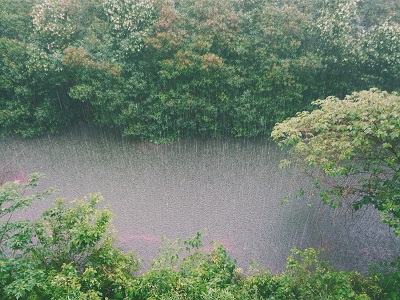
Storm fronts that come through your hunting area could produce an increase in deer movement. Learn how weather patterns affect your deer herd.
Pay attention to the rut. This is a key facet of the hunting season and it will tell you a lot about a buck’s behavior. Before the rut, bucks often stay in bachelor groups, but by the time the rut hits, there’s going to be a lot of competition between bucks. Their behavior will tell you a lot about where and how to hunt.
Using Scents Incorrectly
We already touched on the fact that deer have a strong sense of smell. Because of this, many hunters use scents like doe estrous. A common mistake is that this scent is dumped in one spot and the hunter waits. However, this isn’t always convincing enough to entice the buck of a lifetime to approach.
Instead, you should use a drag. This lets out the scent in more natural way and you can use it to lead bucks close to your stand. When you do this, opt for a pair of latex gloves. This will make sure that the scent from your hands isn’t left behind with the trail your setting. Some scents are best with other strategies such as in mock scrapes.
Scents also need to be used at the right time. While you can get away with using doe or buck urine during the whole season, doe estrous is most effective during the beginning or end of the rut. A
ll in all, you’re going to want to do plenty of research when you’re considering using scents. While deer certainly use scents in scrapes and other areas, be sure you’re using scents at the appropriate time to avoid spooking the very deer you are trying to harvest.
-
Sale!

N1 Outdoors® Duck Camo Block Logo Heavyweight Hoodie
$34.00 Select options This product has multiple variants. The options may be chosen on the product page -
Sale!
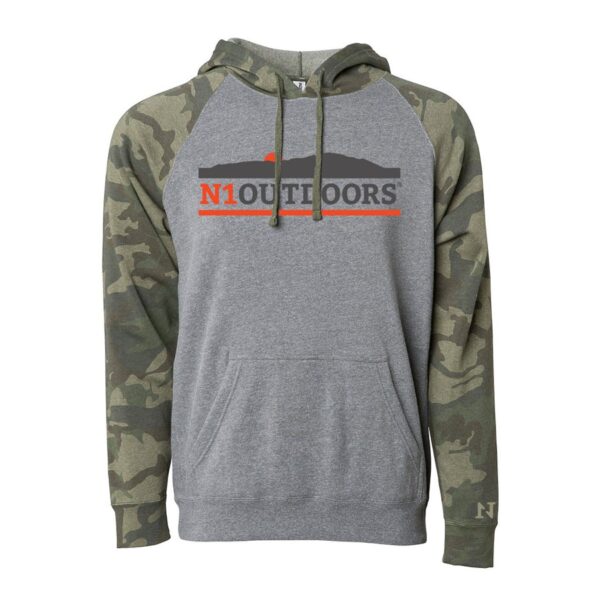
N1 Outdoors® “Sunset Mountain” Pullover Hoodie
$34.00 Select options This product has multiple variants. The options may be chosen on the product page -
Sale!
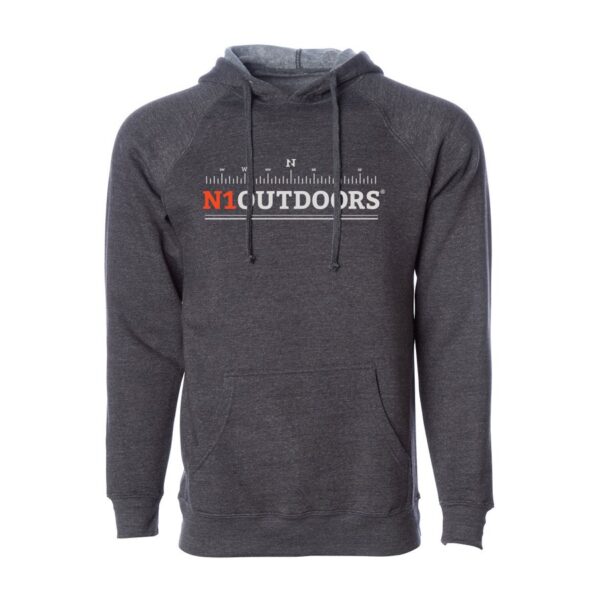
N1 Outdoors® Compass Pullover Hoodie
$34.00 Select options This product has multiple variants. The options may be chosen on the product page
Conclusion
So, even if you’re a rookie hunter, you don’t have to hunt like one. While hunting is a sport and pastime that takes a lot of skill and experience, you can jump past many of these beginner hurdles and start your first season off right. Good luck and shoot straight!
